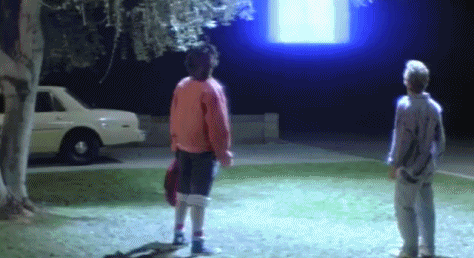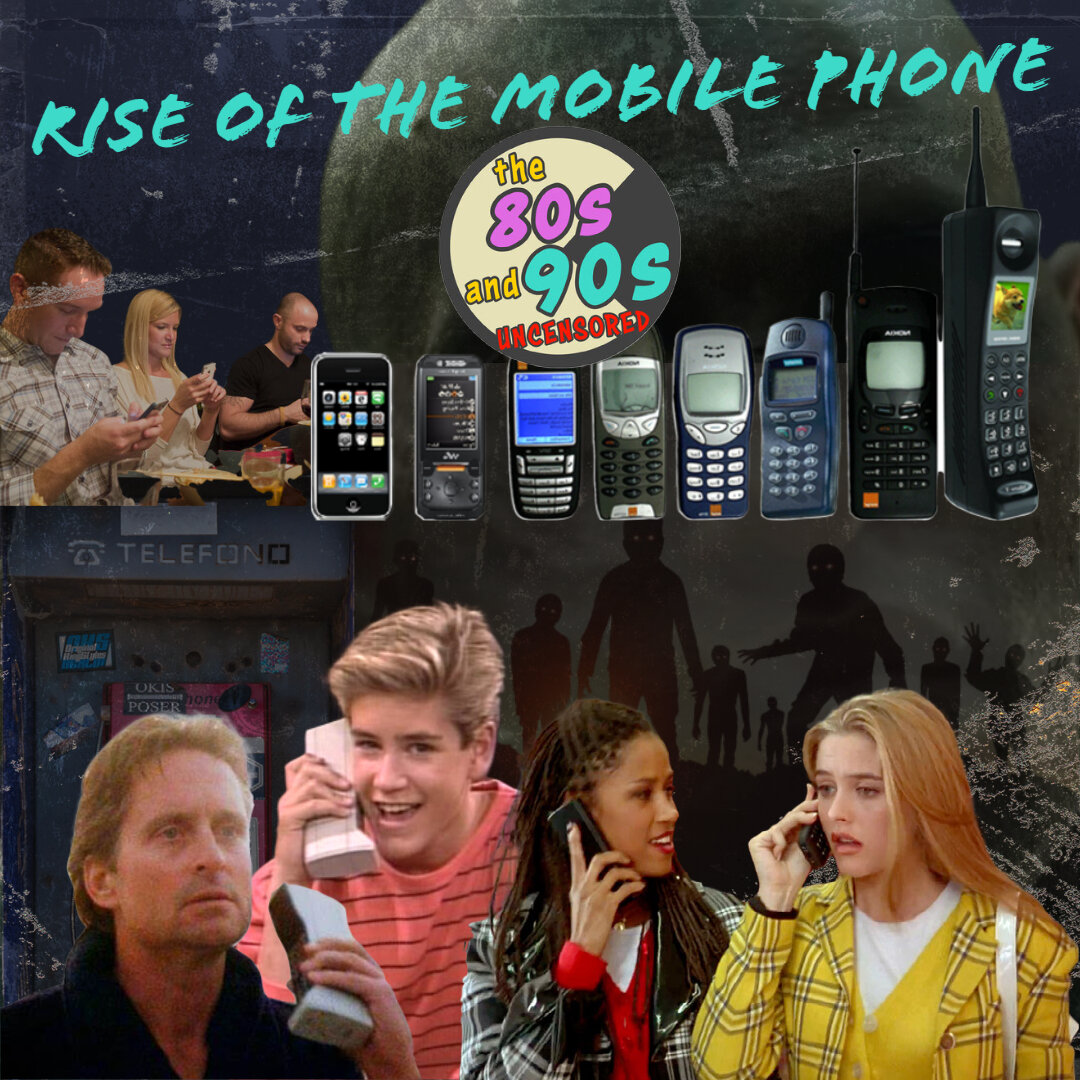Why Losing My Smartphone was the Best Thing Ever
My friends and colleagues have always been perplexed that, being someone who has worked in web, internet and mobile for a living, I was one of the last holdouts on the flip phone. I even wrote an article last year on why 90s cell phones were superior. Yes, I was the guy working in the modern technology company who had the same cell phone as your grandmother. But, alas, my cell provider finally stopped supporting the anachronistic devices and I was finally forced to get a smartphone. I used a smartphone for a little over a year until recently.
Then I lost it.
I thought this would be an interesting experiment to go back, even before the 90s, and not have a mobile device at all. What if I just had a computer and a landline, like its 1989? Could I live in today’s modern world without a mobile device? How would things be different? Here are some takeaways from my portable technology deprivation endeavor so far:
I’m not tethered to a ball and chain
One thing I do miss about having a flip phone is the ability to make calls from anywhere. I’m currently able to only make and receive calls from home, and pay phones are very few and far between these days. However, I noticed that I felt increasingly shackled by the smartphone. Without even trying, I had amassed a number of “apps” I felt obligated to check all the time. It’s a known fact that the manufactures of these devices and apps design them for maximum “engagement”. I was also always looking for the phone. Because I was constantly taking it with me everywhere from one place to another, I would often misplace it and spend vast amounts of time trying to find it.
After finally losing the digital crack pipe, forevermore this time, there was a period of withdrawal where I was reaching into my empty pocket or wondering how many alerts I missed for shit I don’t need. Once that passed, however, I’ve felt progressively freer of being hitched to a machine.
The Skip-It would be like a ball and chain if you couldn’t remove it. Jussayin’.
People have to respect my time again
When I had my little clam shell, texting was quite limited. The only thing it could essentially do is make phone calls. As such, friends and family had to either call me or make arrangements via email, which I still have an affinity for. When I was forced to get a smartphone, however, people started to realize they could “text” me. Subsequently, making predetermined plans started to wain and people began finding it acceptable with being habitually late.
For example, while I would set drop-off and pickup times for my son before, it gradually became, “I’ll text you when I’m ready”. Friends who were supposed to meet me somewhere at a certain time started showing up late, but it was okay because, “I texted you on the way”. Once I obtained the ability to send and receive texts instantly, respect for time started decreasing dramatically. I felt like a “text butler”.
Now that I don’t have a smartphone again, or even a flip phone anymore for that matter, people who want to engage with me must once more respect my time. If they wish something from me or want to meet, they have to prearrange in an email message (which can be texted to, incidentally), calendar invite or phone call. If they don’t show after 15 minutes to an arrangement, I just leave.
It feels nice to demand respect again.
Erasure just wants A Little Respect too! (1988)
Others are more thoughtful with their written communication
Smartphone texts induce fear in me that George Orwell’s notion of “Newspeak” is coming to fruition. Not only my teen son, but adult friends and colleagues, would send short but frequent messages written in the most visceral ways. There was little attention to grammar, punctuation or clarity. Moreover, I had to learn some kind of code for three-letter acronyms that meant one thing or another. Orwell’s Newspeak was a similar concept. “Big Brother” endeavored to simplify the English language, stripping it of complexity and nuance. I dread that, in our attempt to expand rapidity of communicating with each other, we lose eloquence and articulacy of both our written and spoken words.
Now that I’m unable to text, others must either call or email me. If they don’t want to do this, their communication is probably unimportant anyway. I’m elated that people do not (yet) generally talk to me how they text. There’s also something about email that keeps people linguistically vigilant. Email still has an aura of formality, like a letter in the mail. Although chat programs are becoming more prevalent, email is still in wide use in the working world and often considered the “official” form of record. Thus, I find that even people in my personal life take more care when composing an email to me rather than haphazard thumb notes.
I routinely just don’t know things right away, and that’s okay
I might hear a familiar song when out with friends, and now instead of Shazaming or Googling it, I challenge the group to try and remember the song. Why is it familiar? What memories do we have of it? This sparks great reminiscence and conversations that a smartphone would have swiftly extinguished.
When patronize restaurants now, I have absolutely no idea what’s on the menu beforehand. I don’t know its rating on Yelp or what its items and interior look like. I go into establishments now like a first meeting with an interesting stranger I’ve never met. I might like it; I might not, but I make that determination from scratch and based on my own experience.
The point is, I don’t know everything all the time right away. I get to ponder more and discover as I go. I feel life is more interesting this way.
Contestants win moola for knowing songs on Name That Tune!
I better see the world around me and live in more moments
Finally, I’ve found that I’m engaged more with the world around me. It’s a different kind of engagement than one gets from social media, videos or games on their smartphones with the constant movements and dopamine hits. I notice the types of clouds in the sky or the sound of a tree’s leaves rustling in the wind. I make eye contact with neighbor babies in carriages on walks with their mothers. I recognize how ugly strip mall parking lots are, but also how carefully the produce guy at Safeway arranges the colorful fruits and vegetables. Every once in a while, I’ll get a smile from a cute stranger who isn’t glued to a machine.
In short, I’m far more mindful and a better participant in my local universe.
Society should consider reviving the phone booth. Bill & Ted (1988)
What do you think? How long could you live without a smartphone? What’s next for me you ask? I think I’m going to do more research and see if I can keep the flip phone alive. If you have any suggestions, leave a comment below or hit me up on Twitter. With that, I leave you with this quote:
“Each morning we are born again. What we do today is what matters most.”









